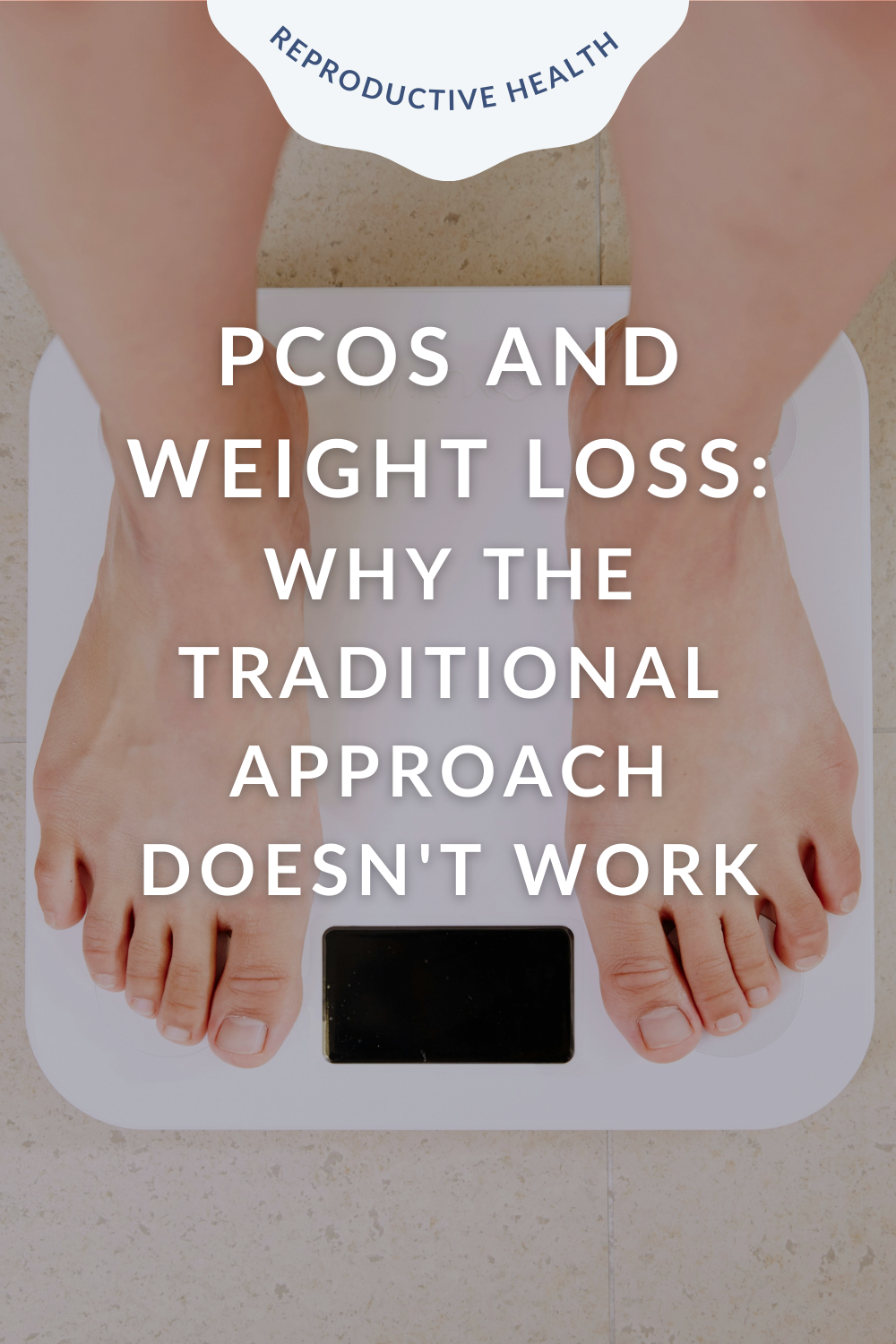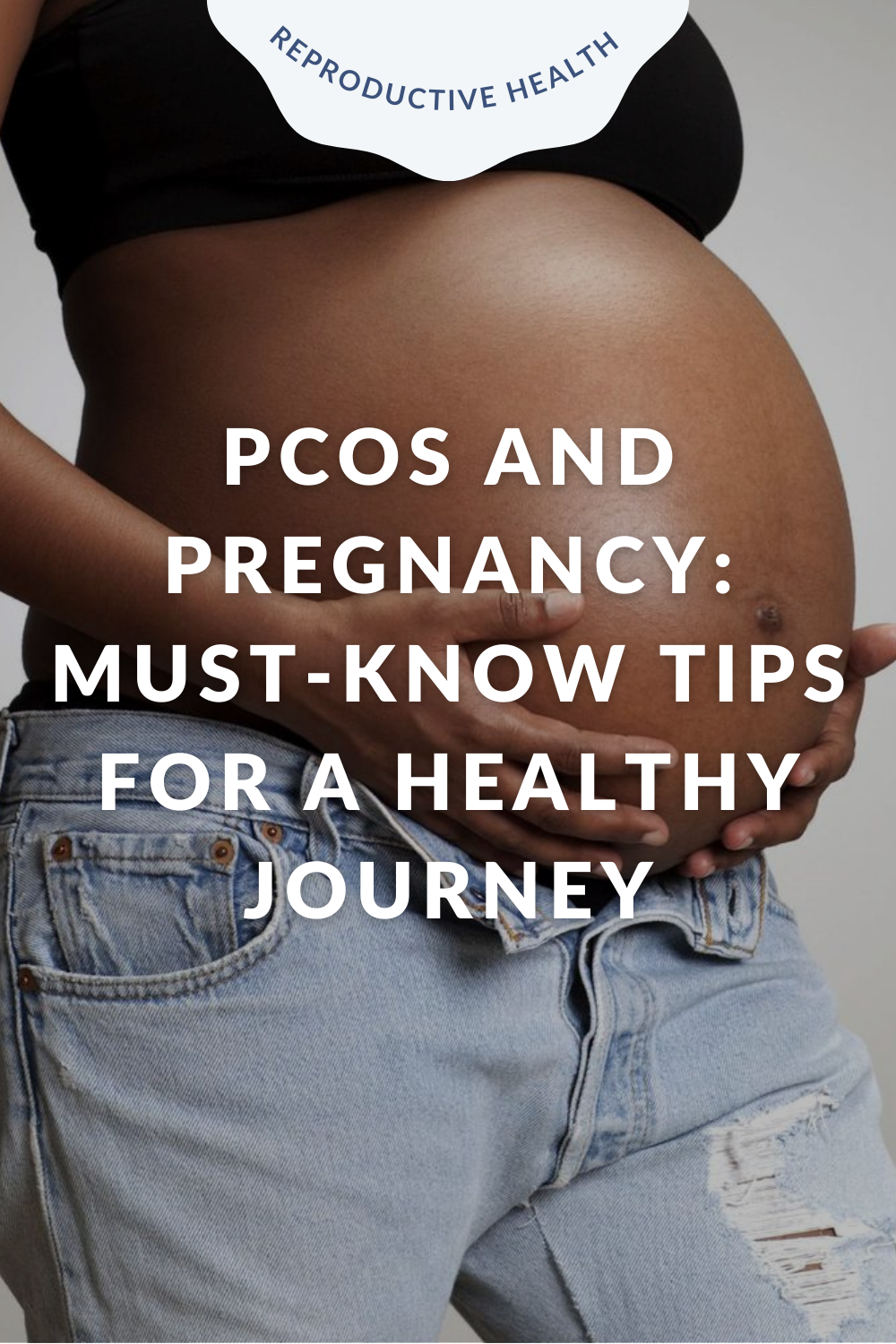5 Tips for Irritable Bowel Syndrome & Endometriosis
Did you know that if you have endometriosis, you’re 3x more likely to develop Irritable Bowel Syndrome?
Pelvic pain and gut dysfunction is no joke - it can leave you with debilitating pain, constant cramping, horrible periods and uncomfortable bathroom problems.
This blog post dives into the relationship between endo and IBS, and gives you 5 practical diet + lifestyle tips to start finding relief today!
What is Irritable Bowel Syndrome?
Irritable Bowel Syndrome (IBS) is a functional gut disorder - meaning that while the structure of the gut looks ‘normal’ on diagnostic imaging, patients still experience digestive symptoms like abdominal pain, bloating, constipation, diarrhea and gassiness. IBS is a commonly diagnosed gut disorder; in fact, Canada has one of the highest rates at 18%! While the exact cause is unknown, some possible drivers include an altered gut microbiome and brain-gut connection, gut dysmotility, and inflammation. To learn more about IBS and functional gut disorders, check out this blog post.
What is Endometriosis?
Endometriosis is an estrogen-driven inflammatory condition where tissue found inside the uterus grows in and around other organs like the ovaries, fallopian tubes, bowel and bladder. This causes inflammation and scarring over time, leading to symptoms like abdominal/pelvic pain, heavy periods, bloating, constipation, diarrhea and fatigue.
Endometriosis affects about 10% of people with ovaries within the reproductive age; in Canada alone, it impacts 7% of the population! While the cause is still unclear, one accepted theory is retrograde menstruation - when menstrual blood flows back into the pelvic cavity and instead of being broken down, it attaches to other organs, causing inflammation and scarring. For a deeper dive into endometriosis, check out this blog post.
Are IBS and Endometriosis Linked?
In short, yes. It may sound confusing at first, since IBS is a gastrointestinal disorder, while endometriosis is a gynecological disease. The link between IBS and endometriosis is not clear-cut, but what we do know is that IBS and endometriosis are comorbid - meaning it commonly occurs at the same time. Research has shown that patients with endometriosis are 3x more likely to develop IBS!
Both IBS and endometriosis involve chronic inflammation, which may explain why the two conditions have overlapping digestive symptoms like abdominal pain, bloating, constipation and diarrhea. Another shared symptom is the presence of visceral hypersensitivity - a lower tolerance for pain caused by sensitive nerve endings. Distinguishing between IBS and endometriosis may be difficult so it’s vital to speak with a doctor if you suspect you have endometriosis, IBS, or both, to receive a proper diagnoses.
But rest assured, there are nutrition and lifestyle strategies that can offer solace by reducing symptoms - and we’re here to discuss them!
Nutrition and Lifestyle Tips for IBS and Endometriosis Symptom Relief
We understand that living with IBS and endometriosis can be challenging, since there’s unfortunately no cure for either condition. However, nutrition and lifestyle adjustments can significantly reduce symptoms and enhance your overall well-being - we see the power of nutrition time and time again in practice!
Here are 5 nutrition and lifestyle management strategies that can be added to your daily life to reduce pelvic inflammation and start to find relief from symptoms.
Fibre-rich foods
Fibre is your friend, and this couldn’t be more true for IBS and endometriosis. Adequate fibre intake has been shown to relieve digestive symptoms like constipation and diarrhea by giving your stool a good consistency and volume. To add, fibre can help reduce circulating estrogen from your body, which decreasing inflammation and pain for those with endometriosis.
So how much fibre is enough? The recommended amount of fibre is 25 grams daily for women and 38g for men. There’s two essential things to remember with fibre: 1) increase low and slow and 2) drink lots of water. Give your body to adjust to more high-fibre food options include fruits and vegetables, psyllium husk, ground flax, and chia seeds. But, there is nuance with fibre - some types can ferment in the gut if eaten in a large amount, worsening symptoms. Which leads me to…the low FODMAP Diet.
Low FODMAP diet
FODMAPs are a group of poorly digested sugars that cause symptoms like gas, bloating and diarrhea. They’re often found in fibre-rich foods like cauliflower, chickpeas, pears and more. We want to emphasize FODMAP-containing foods are still nutritious and beneficial for your health - but may just cause uncomfortable symptoms. To combat this, there’s the Low FODMAP diet - a 3-step process to help reduce gut symptoms in IBS patients (who have tried other lower-barrier interventions to no success). It may also be a possible treatment option for women with IBS and endometriosis, as a study reported that 72% of people with both conditions experienced gut symptom relief on the low FODMAP diet.However, more research needs to be done, and the FODMAP diet is not meant for everyone. It is quite a restrictive diet and there's a high risk for nutrient deficiencies and disordered eating if not done properly.
Work with our team of trained Registered Dietitians to find IBS and endometriosis relief and if you’re curious about the Low FODMAP diet. We can help you navigate all 3 steps of Low FODMAP, find appropriate substitutions to minimize risk of nutrient deficiencies, help with hard food skills to make meal planning a breeze, and support you in expanding your intake and balancing tolerated high FODMAP foods. All while maintaining a positive relationship with food.
Anti-inflammatory foods like Omega-3 Fatty Acids
Adding anti-inflammatory foods into your diet can help fight inflammation, a common underlying factor in both IBS and endometriosis. Studies have suggested that omega-3 fatty acids can help alleviate pelvic pain. Excellent sources of omega-3 fatty acids include fatty fish like mackerel, tuna, salmon as well as nuts and seeds including chia seeds, flax seeds and walnuts. Plant oils like flaxseed, soybean, and canola oil also provide a rich supply of these beneficial fatty acids as well!
Find and reduce common gut triggers
Certain foods can be too stimulating or irritating on the gut - potentially worsening digestive symptoms. Common culprits include caffeine, alcohol, ultra-processed foods, high-fat foods, and sugar alcohols. It’s important to note that people have varying tolerance levels to these gut triggers, and it usually causes symptoms after “building up” over time, so automatic restriction is usually unnecessary.
Instead, being mindful and aware of how these foods build up and effect you is more important. Our Nutrition Coaching programs includes weekly food and symptom journalling, so we can help you identify symptom triggers, find practical alternatives, and liberalize your diet while keeping symptoms at bay. Understanding your body’s unique response to foods and meal patterns can guide you toward a more personalized and sustainable approach to symptom management!
Increase Gentle Movement
Consistent movement can help reduce pain, alleviate stress, promote healthy digestion and enhance overall well-being. In addition, studies have shown that exercise can relieve gut symptoms by facilitating gas release and promoting regular bowel movements. The recommended amount of movement is 150 minutes per week (ideally spread it out), but our belief is that any improvement is good movement, and aiming for consistency key! Discover activities that you genuinely enjoy and can be integrated into your routine. Some great options of gentle exercises are walking, yoga, martial arts, cycling and resistance training.
IBS and Endometriosis: The Takeaway
IBS and endometriosis often share overlapping gut and pelvic symptoms, it can be incredibly disruptive and cause much distress. There is research suggesting that endometriosis patients are 3x more likely to have IBS, highlighting the interconnectedness between these conditions.
Implementing nutrition strategies like increasing fibre and consuming foods rich in omega-3 fatty acids has shown positive effects. Limiting gut irritants like caffeine, alcohol, and high-fat foods can also offer symptom relief. The low-FODMAP diet may provide symptom relief for those with IBS and endometriosis but should be done under the guidance of a trained Registered Dietitian to ensure proper implementation and nutritional balance. Lastly, lifestyle strategies such as gentle movement can relieve symptoms.
This blog is for educational purposes only
Hi! I’m Trista
A Registered Dietitian and reproductive health expert. I’m here to help you gain confidence to overcome your Polycystic Ovary Syndrome and digestive health woes, while bettering your relationship with food.
CATEGORIES
Take the guess-work out of cooking for your digestive health. Check out our done-for-you IBS and Endo-friendly Meal Plans! Effective, delicious and easy - recipes that are based on balance, not restriction.
Work with us in 1-on-1 Nutrition Coaching Programs to learn how food can help you live with much less cramping, bathroom problems, pelvic pain and feel better on your period.
Receive personalized nutrition guidance, personalized meal plans and unlimited messaging support to create lasting change!
References
Catherine Allaire, Mohamed A. Bedaiwy and Paul J. Yong, CMAJ March 14, 2023 195 (10) E363-E371; DOI: https://doi.org/10.1503/cmaj.220637
Eswaran SL, Chey WD, Han-Markey T, Ball S, Jackson K. A Randomized Controlled Trial Comparing the Low FODMAP Diet vs. Modified NICE Guidelines in US Adults with IBS-D. Am J Gastroenterol. 2016 Dec;111(12):1824-1832. doi: 10.1038/ajg.2016.434. Epub 2016 Oct 11. PMID: 27725652.
Helbig M, Vesper AS, Beyer I, Fehm T. Does Nutrition Affect Endometriosis? Geburtshilfe Frauenheilkd. 2021 Feb;81(2):191-199. doi: 10.1055/a-1207-0557. Epub 2021 Feb 8. PMID: 33574623; PMCID: PMC7870287.
Marsh A, Eslick EM, Eslick GD. Does a diet low in FODMAPs reduce symptoms associated with functional gastrointestinal disorders? A comprehensive systematic review and meta-analysis. Eur J Nutr. 2016 Apr;55(3):897-906. doi: 10.1007/s00394-015-0922-1. Epub 2015 May 17. PMID: 25982757.
Moore JS, Gibson PR, Perry RE, Burgell RE. Endometriosis in patients with irritable bowel syndrome: Specific symptomatic and demographic profile, and response to the low FODMAP diet. Aust N Z J Obstet Gynaecol. 2017 Apr;57(2):201-205. doi: 10.1111/ajo.12594. Epub 2017 Mar 17. PMID: 28303579.














